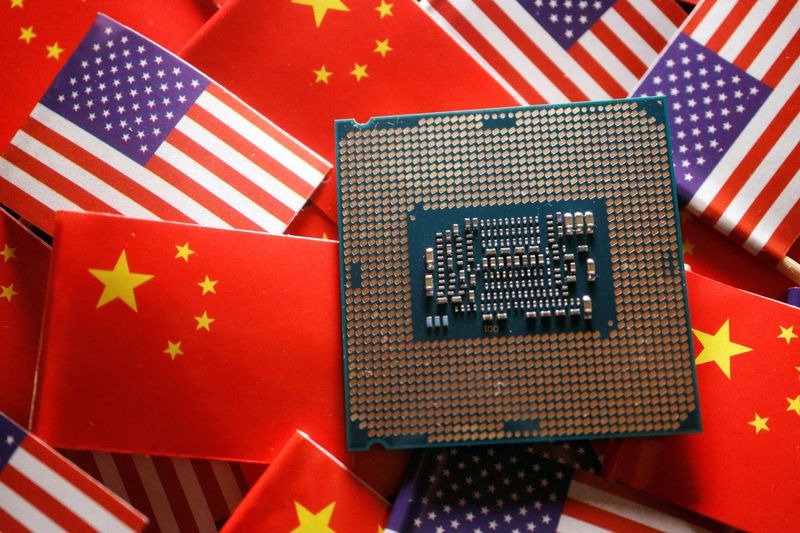Navitas stock soars as company advances 800V tech for NVIDIA AI platforms
Investing.com-- As the cost of President Donald Trump’s tariffs begins to worm its way into the supply chains of corporate America, show up on shelves across retailers, and strong-arm survey inflation data to worrying levels, Morgan Stanley (NYSE:MS)’s latest research suggests this price wave is likely to provide only a one-time boost to inflation rather than a long-lasting structural lift.
“Our measure takes signal from many data sources... Results suggest that expectations are consistent with a level-shift in prices after tariffs, without long-run effects on the inflation rate,” Morgan Stanley economists said in a recent note.
The recent surge in the University of Michigan’s 5-10 year inflation expectations has stoked debate on whether long-run inflation expectations remain anchored, but Morgan Stanley’s own index finds that long-run inflation expectations not only remain anchored, but are still low—consistent with 2% inflation and levels seen in the late 2000s.
The spike in the UMich measure is likely “noise not reflecting a change in overall inflation expectations,” the strategists said, pointing to the survey’s recent switch to a fully online format, which may have magnified volatility.
In a sign that tariffs are starting to leave a mark, shorter-term inflation expectations have started to drift higher since February, in line with the timeline of tariff announcements. Morgan Stanley’s research confirms the rise in year-ahead inflation expectations, but suggests the long-run numbers remain “well behaved.” This pattern, the strategists added, is “consistent with the expectation that tariffs will just cause a temporary rise in inflation.”
The risk of a more persistent tariff shock could emerge if it were to unanchor long-run inflation expectations by changing price-setting behavior among firms and wage demands among workers, the strategists said.’
But for now, the impact of tariffs is “directionally clear”—they are pushing prices higher in the short run—but the evidence so far points to a one-off price level shift rather than a sustained acceleration in inflation, the strategists added.
